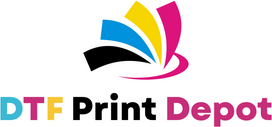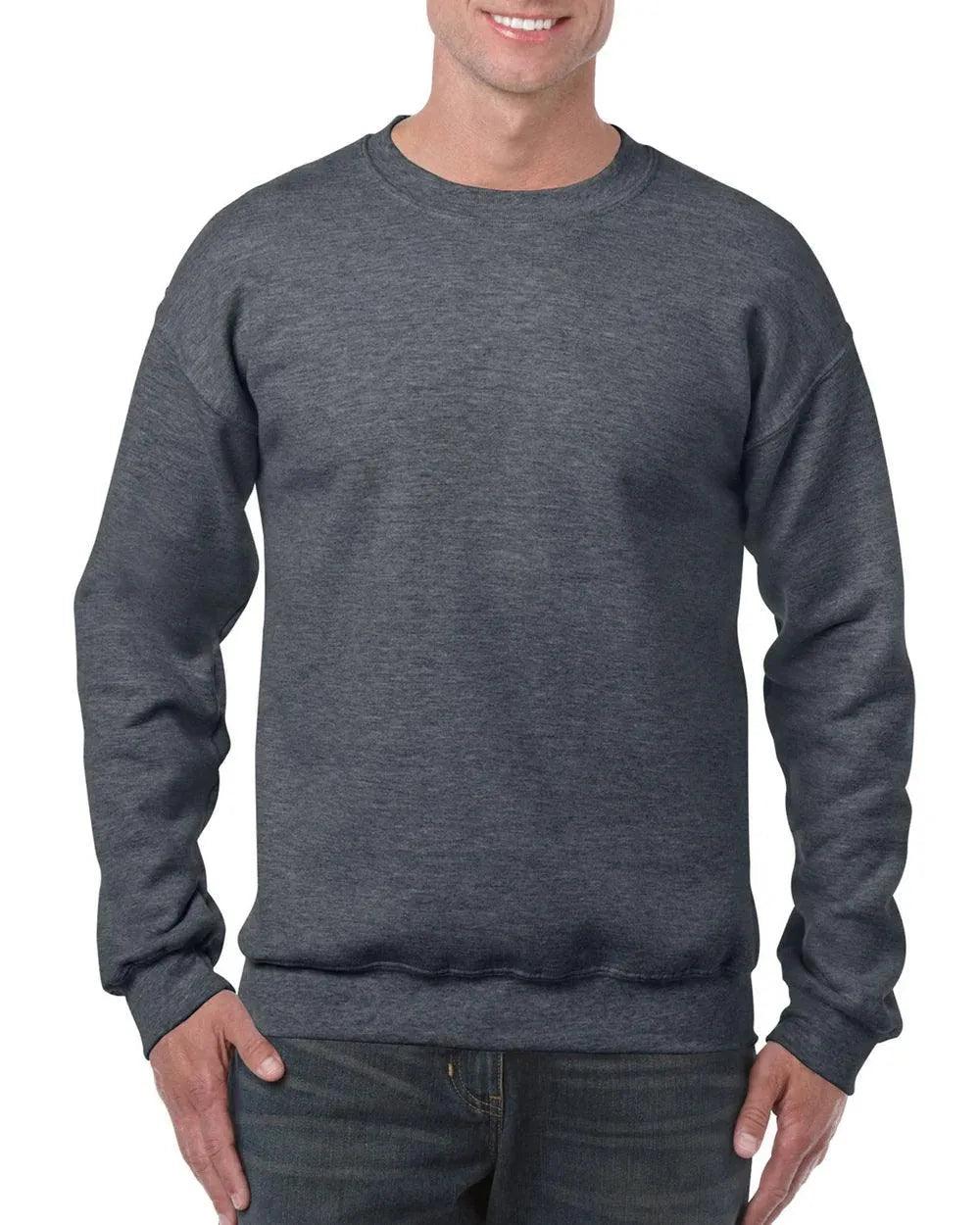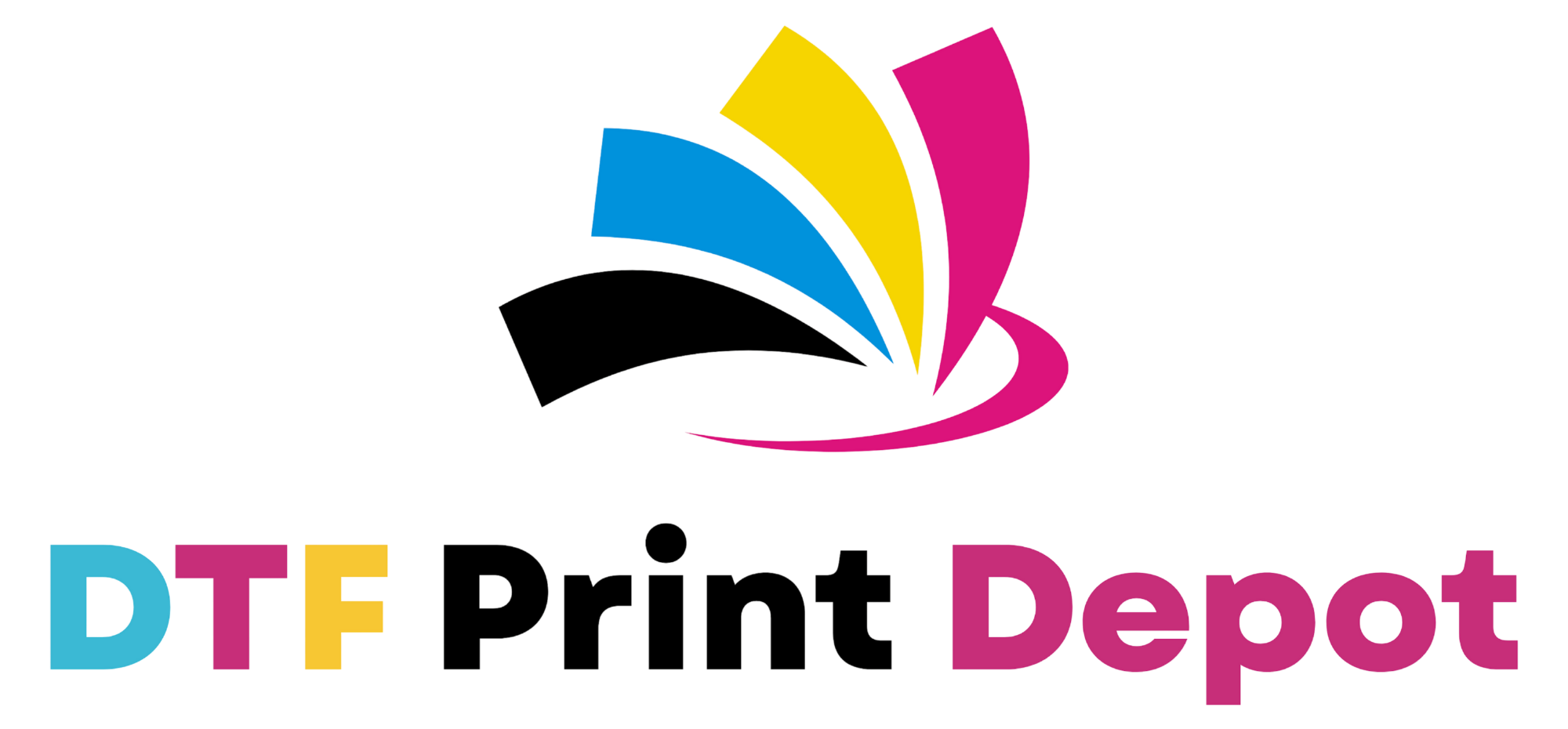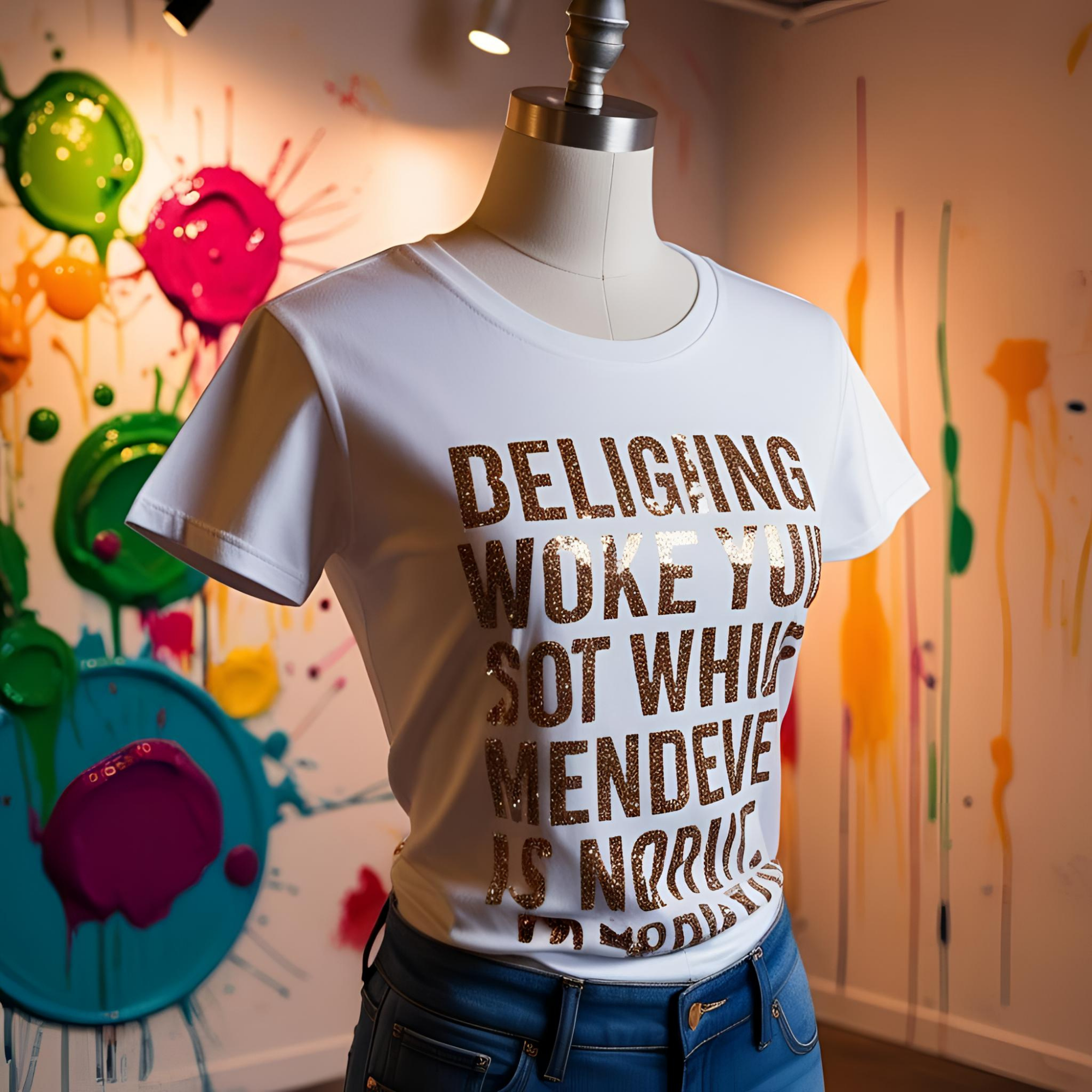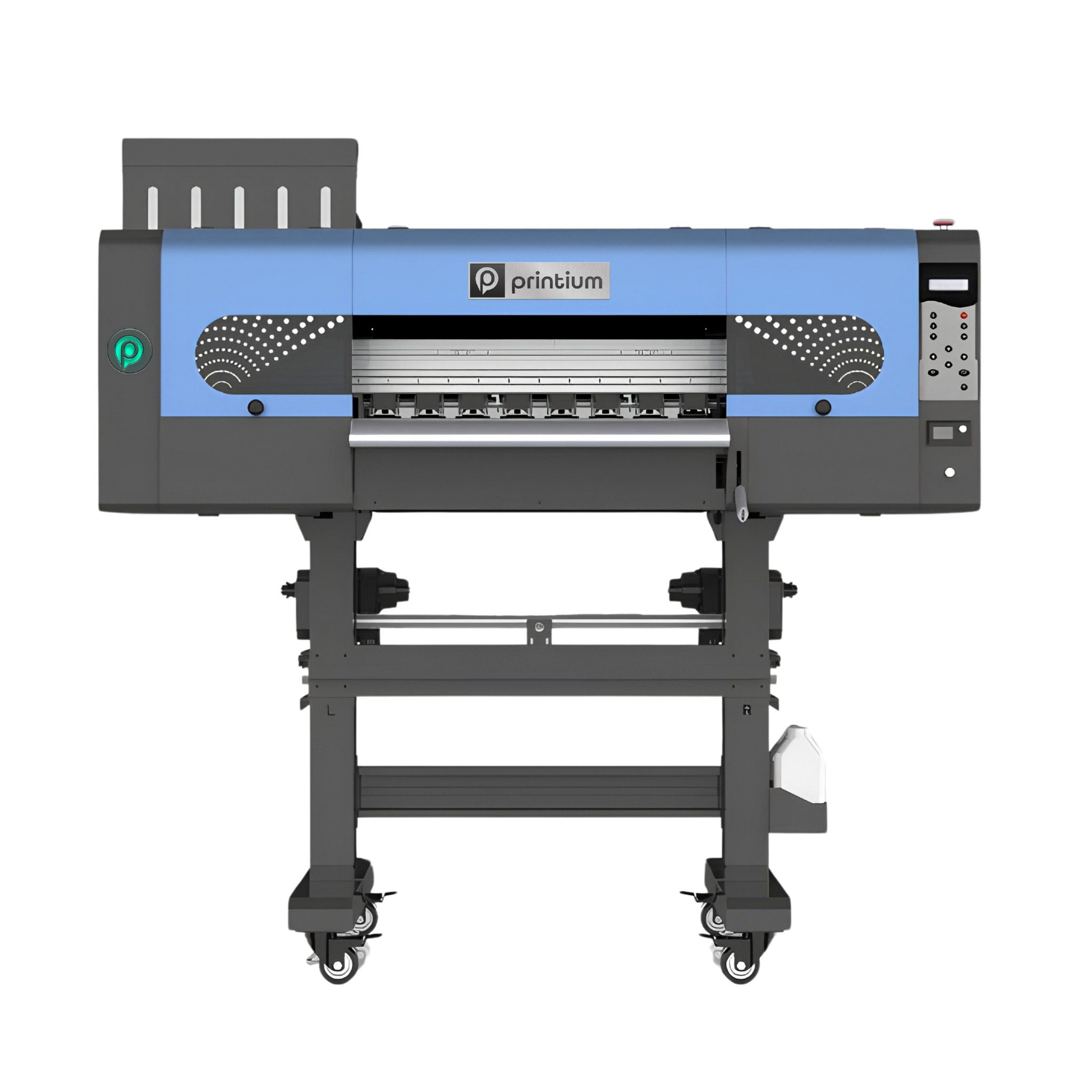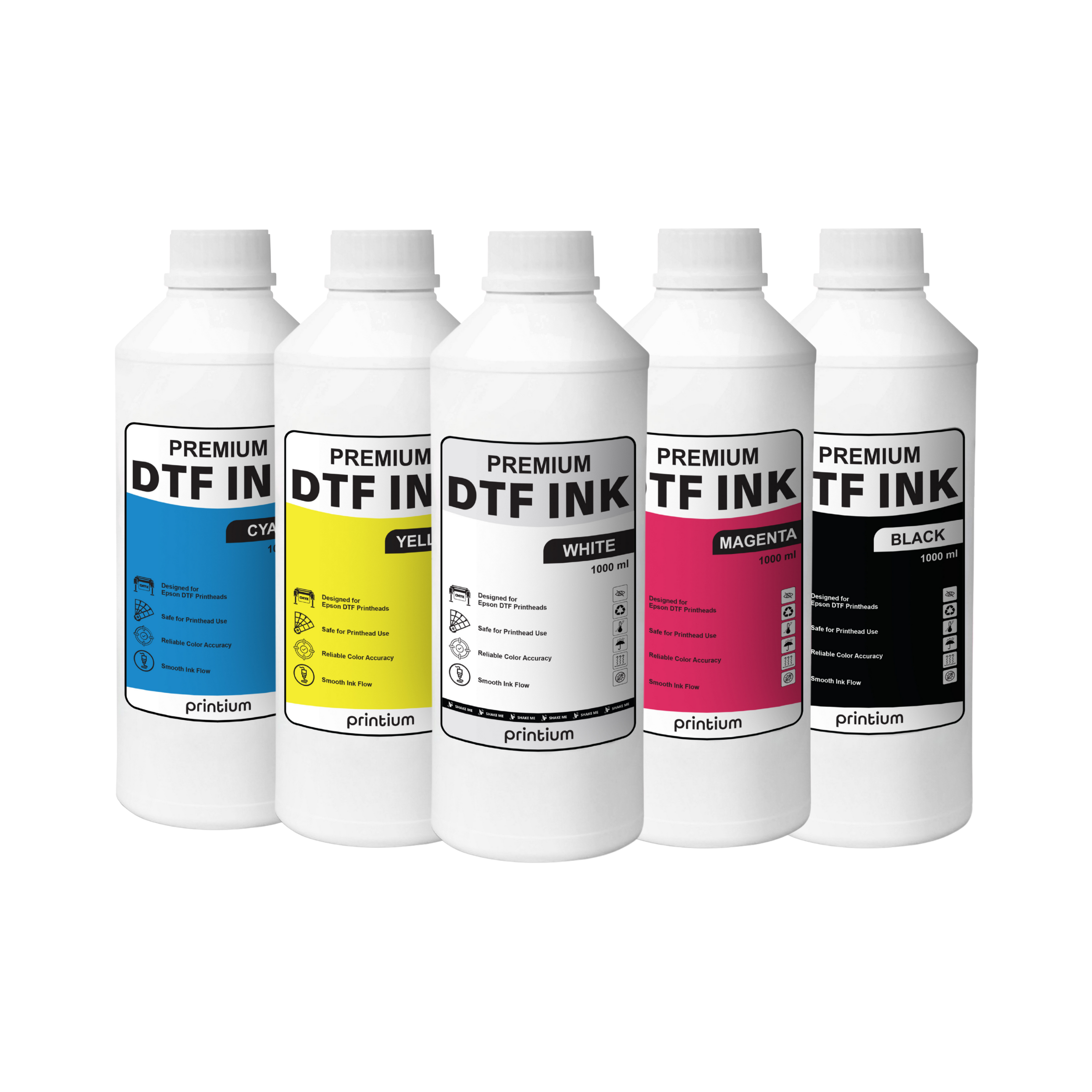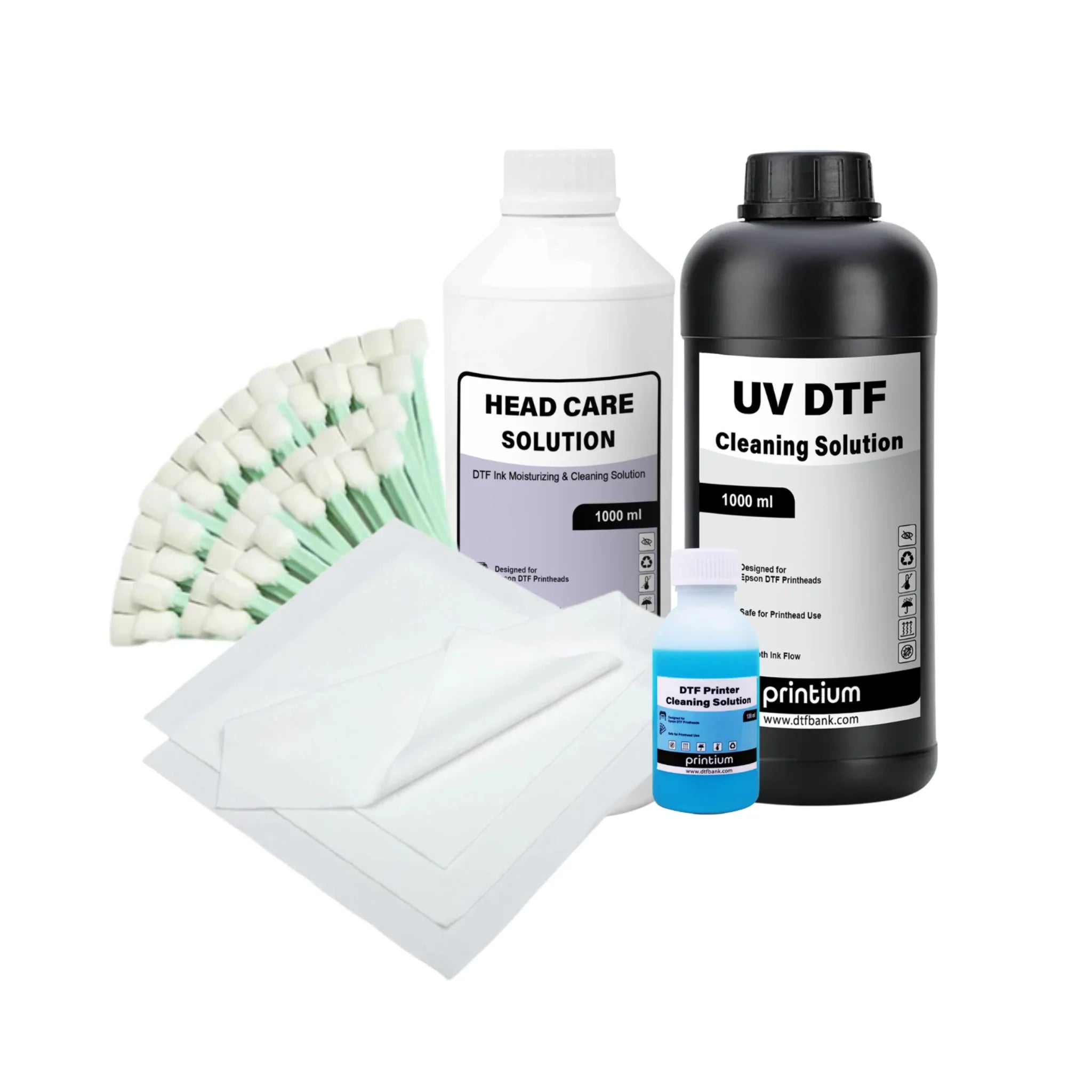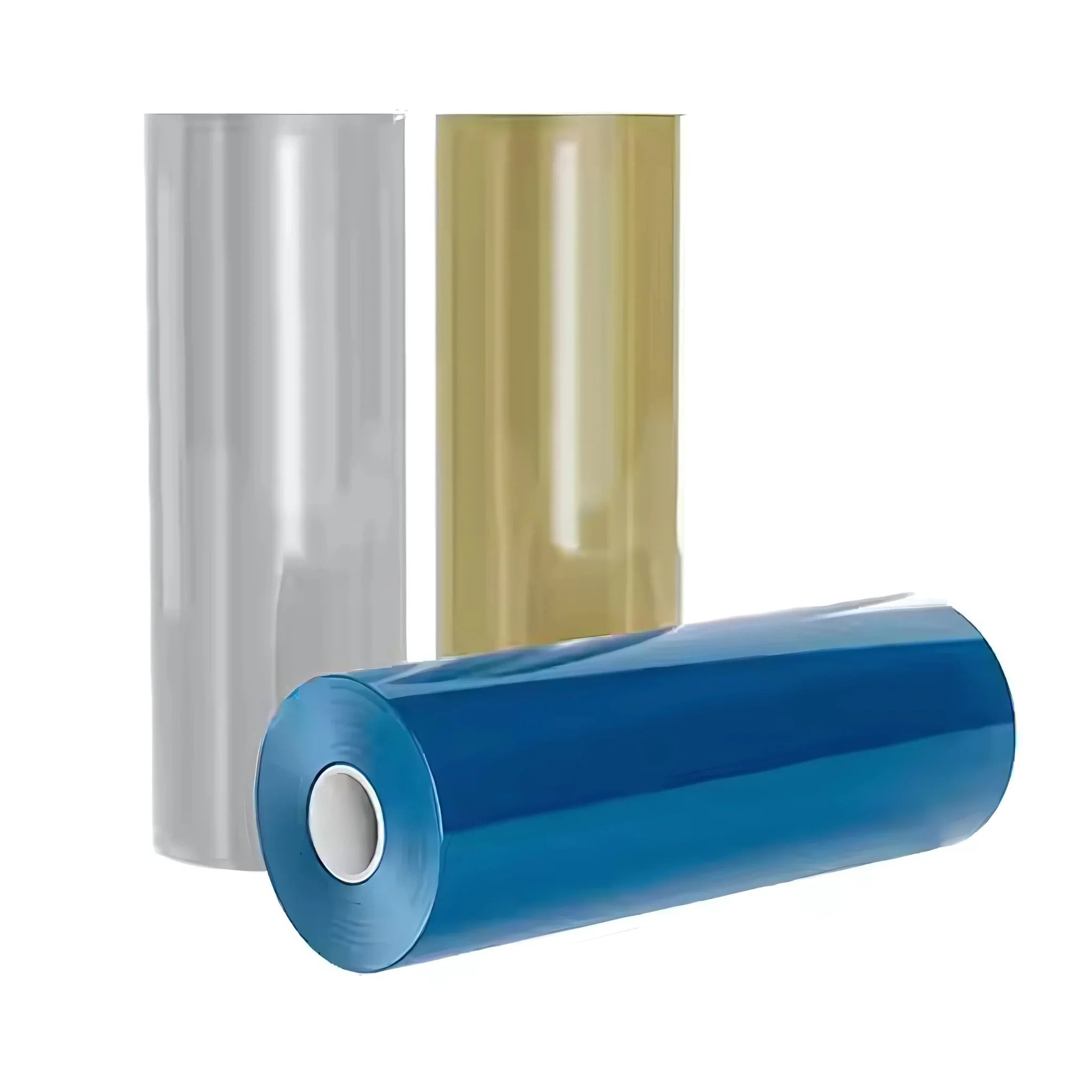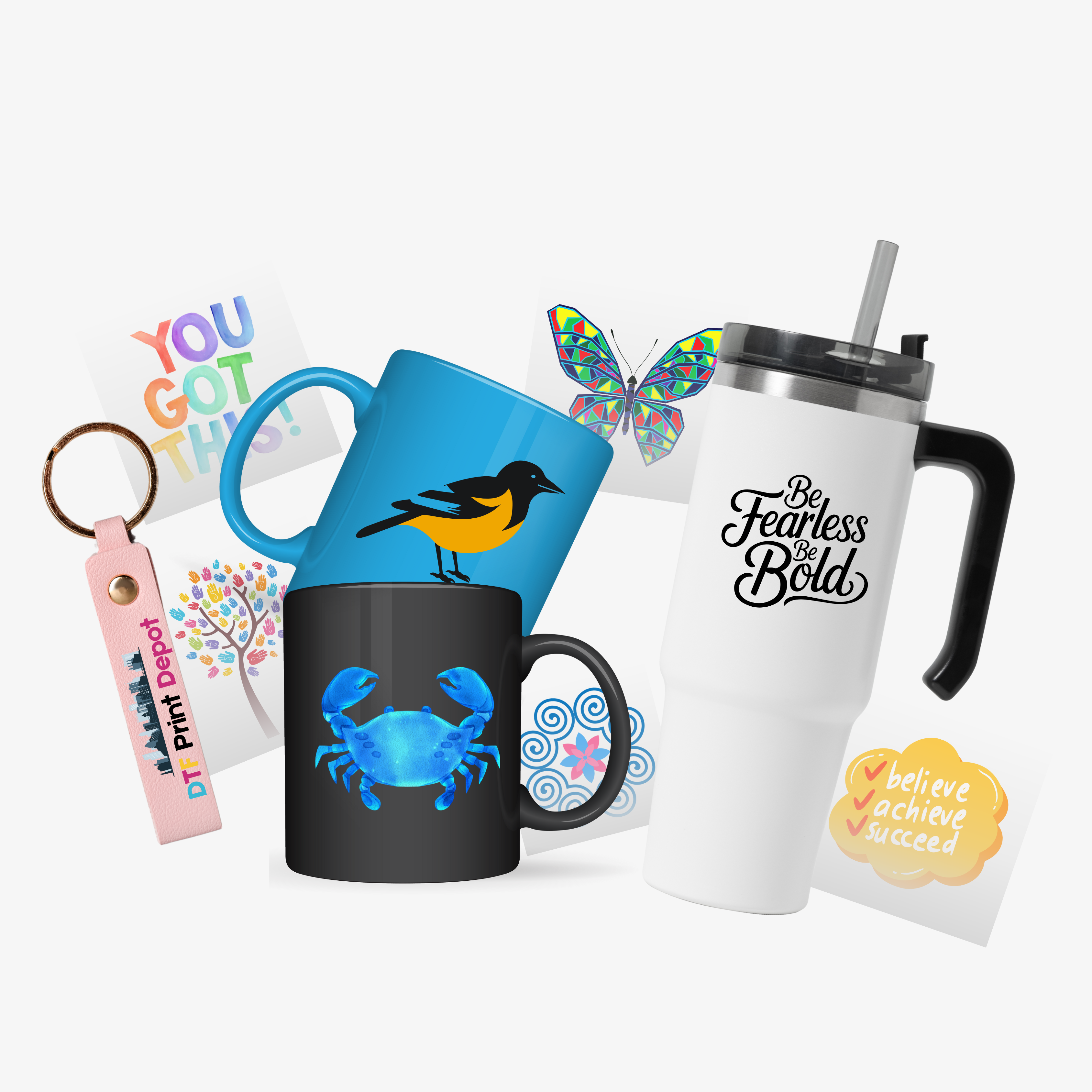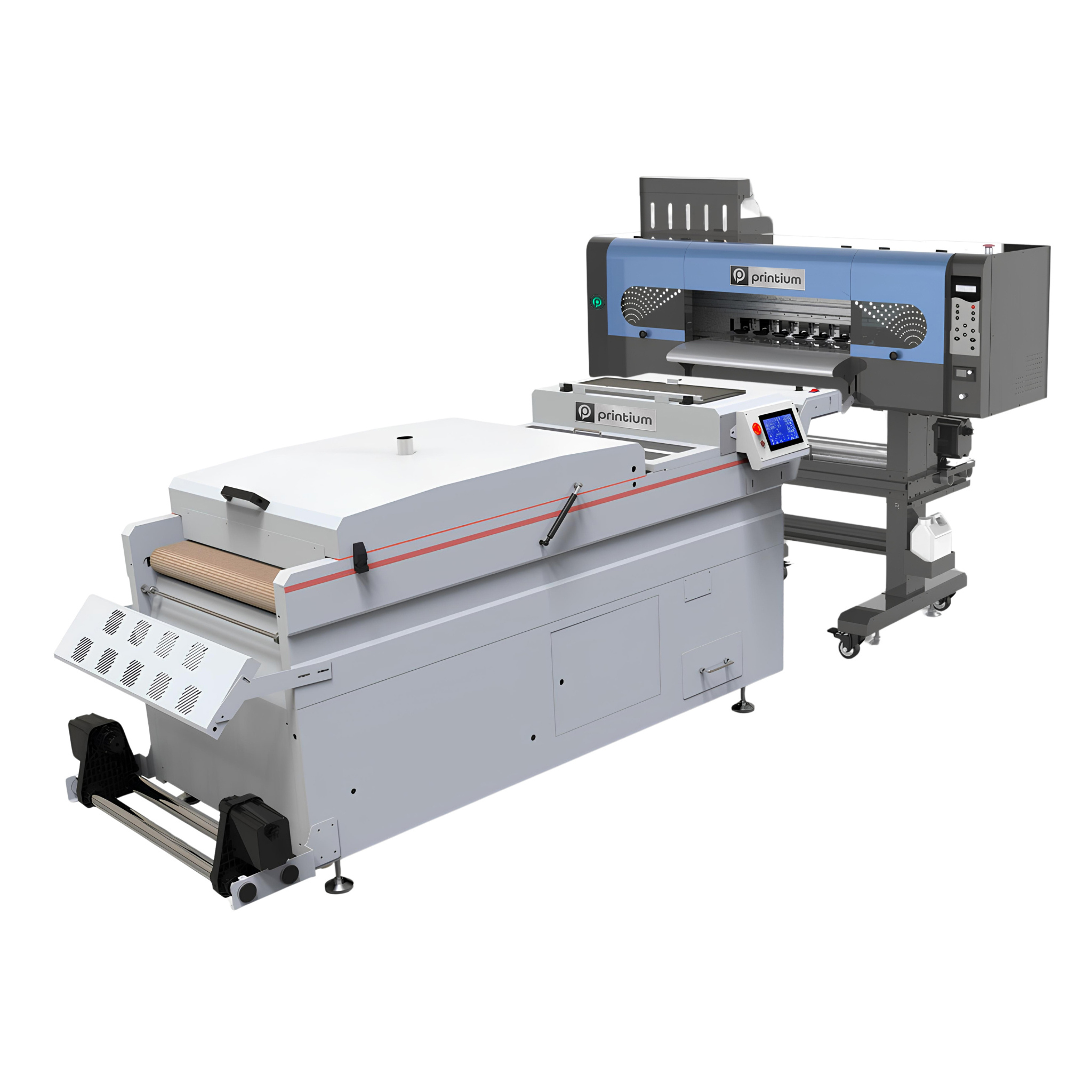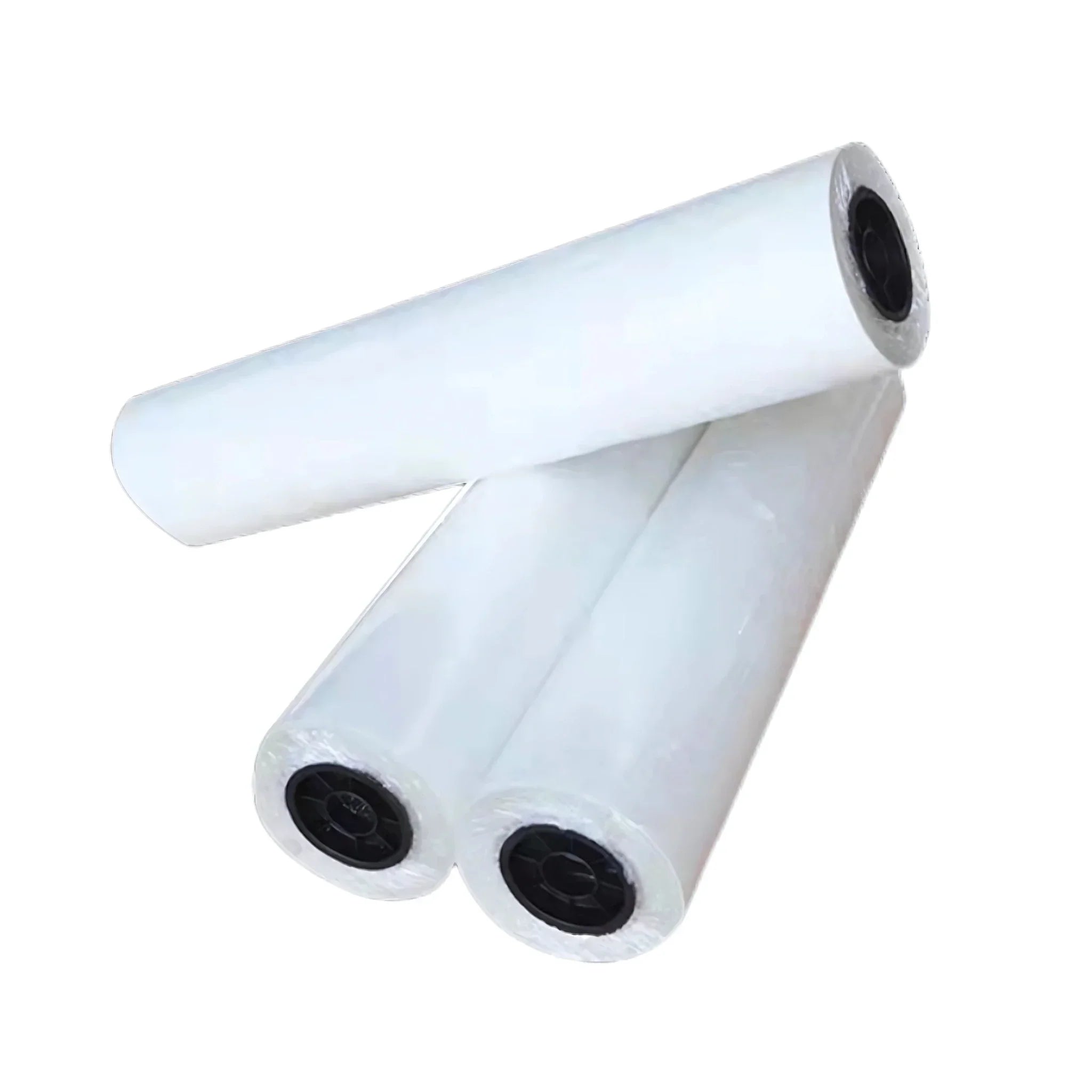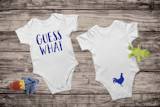The Foundation of Custom Fashion: Blank Apparel
In the modern garment industry, the success of a custom brand depends heavily on the quality of its base. This base is known as blank apparel, which refers to unprinted clothing used as a canvas for creative designs. Whether you are using screen printing, embroidery, or the popular DTF transfer method, the garment you choose defines the final product. In 2026, consumers are looking for more than just a cool graphic; they demand comfort, durability, and a perfect fit. This guide explores the essential factors in selecting the right blanks to ensure your brand stands out in a competitive market.
To expand your custom apparel line with premium quality and unmatched comfort, you can Order DTF Hoodies directly from this specialized product collection. These hoodies are specifically selected for their high cotton content and smooth surface, making them the ideal canvas for DTF transfer applications. This particular variant ensures that the adhesive bonds deeply with the fabric fibers, resulting in a print that remains soft and flexible even after dozens of washes. Whether you are creating branded merchandise or a unique streetwear collection, these blanks provide the professional weight and fit that modern customers demand. Choosing the right garment is just as important as the print itself, and these hoodies are engineered to showcase your designs with maximum vibrancy and durability.
Why Fabric Composition Matters
The fiber content of your blank apparel is the most critical factor for print success. Most high-end brands prefer 100% combed and ring-spun cotton for its smooth surface. This smooth texture allows inks to sit perfectly and adhesive powders to bond deeply. However, polyester and cotton blends are also popular for their moisture-wicking properties and durability. If you are using digital printing methods, the smoothness of the fabric directly impacts the sharpness of the image. Choosing the wrong fabric can lead to ink bleeding or premature peeling of the design.
Finding the Perfect T-Shirt
T-shirts are the most common starting point for any custom clothing line. When selecting a blank t-shirt, you must pay attention to the GSM (grams per square meter) rating. A lower GSM indicates a lightweight, breathable shirt ideal for summer or promotional giveaways. A higher GSM, such as 180 or 200, provides a "heavyweight" feel that is currently trending in luxury streetwear. Additionally, consider the side-seam construction, which helps the shirt maintain its shape after many washes. A high-quality blank t-shirt makes your artwork look more expensive and professional.
Choosing Hoodies and Sweatshirts
For colder seasons, hoodies and sweatshirts are the top-selling blank apparel items. The internal lining of these garments, whether it is fleece or French terry, determines the warmth and comfort. Streetwear brands often look for heavy-duty blanks with dropped shoulders and oversized fits. You should also inspect the quality of the hood drawstrings and the ribbing on the cuffs. A premium hoodie should feel substantial and hold its structure during the printing process. Providing a cozy and durable hoodie is the best way to ensure long-term customer satisfaction.
The Rise of Sustainable Blanks
Sustainability is no longer a niche market; it is a requirement for many modern shoppers. Many suppliers now offer blank apparel made from organic cotton or recycled polyester. These eco-friendly options often come with certifications like OEKO-TEX or GOTS. While these blanks may have a slightly higher cost, they allow you to market your brand as ethical and green. Using sustainable materials builds a strong connection with environmentally conscious consumers. It shows that your brand cares about the planet as much as it cares about style.
Fit and Silhouette Trends
The "fit" of a garment is just as important as the design printed on it. Currently, the market is shifting away from slim fits toward boxy and oversized silhouettes. Offering different cuts allows you to target various demographics within your audience. For example, "unisex" blanks are great for simplifying inventory, while "retail-fit" options offer a more tailored look. Always check the size charts provided by your supplier to ensure consistency across your collection. A great fit ensures that the customer feels confident while wearing your brand.
Color Consistency and Availability
Maintaining a consistent color palette across your product line is vital for brand identity. You should work with suppliers who guarantee that their "black" or "navy" will be the same shade in every order. Large-scale blank apparel manufacturers use standardized dyeing processes to minimize "lot differences." It is also important to choose a supplier with deep stock levels to avoid delays in your production. Having access to a wide range of seasonal colors can help you keep your collections fresh and exciting. Reliable color availability is the backbone of a professional and predictable supply chain.
Impact of Garment Weight on Branding
The weight of the fabric communicates a specific message about your brand's position. Lightweight blanks are often associated with activewear or casual, low-cost merchandise. Mid-weight garments are the standard for most everyday retail brands. Heavyweight blank apparel is almost exclusively used by high-end streetwear and premium fashion labels. The "hand-feel" of a heavy fabric suggests quality and luxury to the touch. Deciding on the weight of your blanks is a strategic choice that defines your target price point.
Pre-Shrunk and Treated Fabrics
There is nothing worse for a customer than a shirt that shrinks two sizes after the first wash. To prevent this, look for blank apparel that is labeled as "pre-shrunk" or "enzyme-washed." These treatments ensure that the garment retains its original dimensions throughout its life. Enzyme washing also removes loose fibers, creating an ultra-smooth surface for DTF transfer applications. Investing in treated fabrics reduces customer complaints and returns significantly. Quality control starts before the first drop of ink even touches the shirt.
Selecting Accessories for Your Line
Expanding your brand beyond shirts and hoodies is a great way to increase revenue. Blank accessories like tote bags, hats, and beanies are excellent for add-on sales. Canvas tote bags are particularly popular as eco-friendly alternatives to plastic. High-profile "trucker" hats or "dad" hats can also be easily customized with small logos. These accessories should match the quality of your main apparel line to maintain brand cohesion. Offering a complete look helps you build a more loyal and engaged customer base.
Building a Relationship with Suppliers
Your choice of a blank apparel supplier is one of the most important business partnerships you will make. You need a partner who offers fast shipping, transparent pricing, and excellent customer service. Many suppliers offer bulk discounts, which can significantly improve your profit margins as you grow. It is often beneficial to order sample packs to test different styles before committing to a large order. A reliable supplier acts as an extension of your team, helping you navigate supply chain challenges. Successful brands are built on the foundation of strong and reliable partnerships.
Conclusion: Quality as a Competitive Edge
In conclusion, the clothing you choose to print on is the silent representative of your brand. Blank apparel is the foundation upon which your creative vision is built. By prioritizing fabric quality, fit, and sustainability, you create a product that people love to wear. In 2026, the market rewards those who do not cut corners on their base materials. Invest in high-quality blanks to ensure your designs look their best and last for years. Your commitment to excellence begins with the very first garment you select for your collection.
You can stay up to date with the latest digital printing projects and professional services by following DTF Print Depot across our social media channels. Explore our high-quality transfers and vibrant designs on Facebook, discover our creative visual content on Instagram, or watch our engaging behind-the-scenes process videos on TikTok. For immediate assistance and quick order inquiries, you can also reach us directly via WhatsApp
